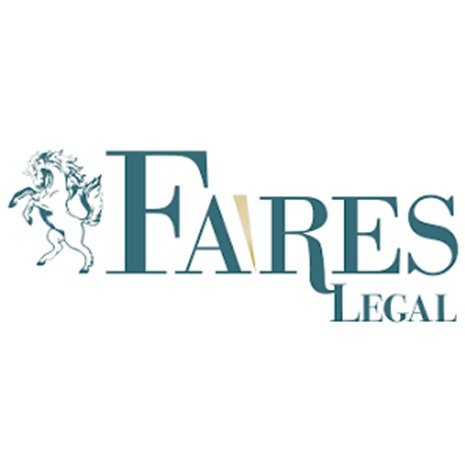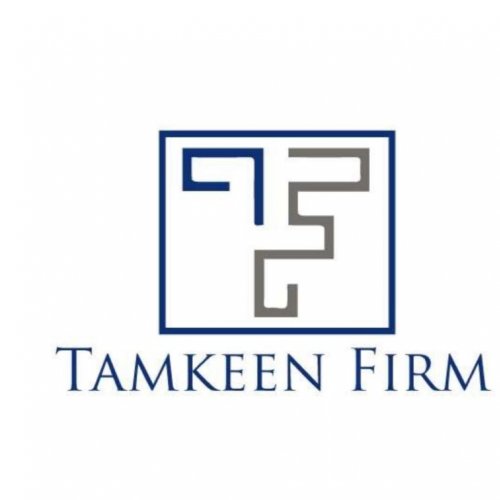Best Corporate & Commercial Lawyers in Libya
Share your needs with us, get contacted by law firms.
Free. Takes 2 min.
Or refine your search by selecting a city:
List of the best lawyers in Libya
About Corporate & Commercial Law in Libya
Corporate and commercial law in Libya encompasses the legal rules and regulations that govern how businesses are established, managed, and dissolved, as well as how they interact with other entities, government authorities, and the market. The sector has continually evolved as the country moves toward rebuilding its legal and economic framework. This area of law is crucial for local businesses, foreign investors, and anyone seeking to operate commercially within the Libyan market. It regulates areas like company formation, mergers and acquisitions, commercial contracts, foreign investment, and commercial dispute resolution.
Why You May Need a Lawyer
Navigating corporate and commercial activities in Libya can be both complex and challenging due to diverse and sometimes unclear requirements. You may need a lawyer in situations such as:
- Setting up a new business or company in Libya
- Drafting or reviewing commercial contracts
- Seeking to invest or partner with local entities
- Handling mergers, acquisitions, or disposals
- Resolving commercial disputes or litigation
- Complying with local licensing and permit requirements
- Understanding foreign ownership restrictions
- Adhering to anti-corruption and compliance regulations
- Protecting intellectual property rights
- Managing employment and labor relations in a business context
In each of these scenarios, a lawyer can help ensure you comply with Libyan law, avoid legal pitfalls, and protect your interests.
Local Laws Overview
Libya’s corporate and commercial legal environment is mainly based on local statutes and regulations, with some areas influenced by Islamic law and international standards. The Commercial Code, Law No. 23 of 2010 (Commercial Activity Law), and the Companies Law form the legal backbone for corporate regulation. There are several key aspects to consider:
- Company Formation: All companies operating in Libya must be registered and must select an approved legal structure, such as a joint stock company, limited liability company, or partnership.
- Foreign Investment: Foreign investors are subject to regulations that require government approval, typically through the Ministry of Economy and the Libyan Investment Authority.
- Commercial Contracts: Contracts must comply with Libyan law and should be drafted with attention to enforceability, dispute resolution mechanisms, and language requirements.
- Licensing and permits: Operating commercially in Libya often requires obtaining multiple licenses and approvals from government agencies.
- Labor Law: Employment regulations protect workers’ rights regarding contracts, wages, working conditions, and termination, often requiring compliance from business owners.
- Taxation: Companies are subject to corporate taxes and value-added tax, with frequent updates and requirements for declarations and payments.
- Dispute Resolution: Commercial disputes are generally handled by local courts but alternative dispute resolution, such as arbitration, is increasingly used, especially in contracts involving foreign parties.
- Anti-money Laundering: There are strict compliance requirements for anti-money laundering and counter-terrorism financing, especially for financial institutions.
As regulations can change and may be subject to interpretation, legal advice is recommended for all significant commercial activities.
Frequently Asked Questions
What types of business entities can be established in Libya?
Libya recognizes several types of business entities, including joint stock companies, limited liability companies (LLCs), partnerships, and branch offices of foreign companies. Each has specific requirements for formation, capital, and operations.
Can a foreigner own a company in Libya?
Foreign ownership of companies is permitted but subject to certain restrictions and approval procedures. Typically, a Libyan partner is necessary, and foreign investment projects must be approved by the relevant authorities.
What are the main steps to register a company in Libya?
The company registration process typically involves reserving a name, preparing constitutional documents, submitting an application to the Commercial Registry, obtaining licenses from the Ministry of Economy, and registering with the tax authorities and social security office.
Are there any minimum capital requirements?
Yes, minimum capital requirements vary depending on the type of business entity. For example, LLCs and joint stock companies have mandated minimum capital amounts, which must be deposited before registration.
How are commercial disputes resolved in Libya?
Commercial disputes are primarily resolved through the local court system, but parties can agree to arbitration or other alternative dispute resolution methods in their contracts.
Do commercial contracts need to be in Arabic?
Yes, Libyan law generally requires that official documents and contracts be prepared in Arabic. Foreign language versions may be used for reference but the Arabic version prevails in case of disagreement.
What taxes apply to companies in Libya?
Companies are subject to income tax, value-added tax (VAT), and various local taxes. Corporate tax rates and regulations may be updated, so it is important to check the current requirements.
What labor laws should companies be aware of?
Companies must adhere to employment contracts, working hour regulations, leave and holidays, minimum wage requirements, and termination rules. Non-compliance can lead to penalties.
Can intellectual property be protected in Libya?
Yes, intellectual property such as trademarks and patents can be registered and protected under Libyan law. Rights must be enforced through local registration and legal mechanisms.
What should foreign investors know about doing business in Libya?
Foreign investors should be aware of sector-specific restrictions, licensing and reporting requirements, currency exchange rules, and the need for local representation or partnership in many cases.
Additional Resources
For further information and assistance, consider reaching out to the following resources:
- Ministry of Economy - Responsible for company registration and investment approvals
- Libyan Investment Authority - Manages and regulates foreign investment projects
- Libyan Commercial Registry - Handles company incorporation and corporate records
- General Authority for Taxation - Enforces business tax regulations and compliance
- Chambers of Commerce and Industry - Provides business support and guidance
- Professional legal associations in Libya - Can refer you to qualified lawyers
Next Steps
If you require legal assistance in the field of corporate and commercial matters in Libya, take the following steps:
- Identify the specific business issue or question you have
- Gather relevant documents and background information
- Consult with a Libyan lawyer or a law firm experienced in corporate and commercial law
- Discuss your goals, potential risks, and compliance requirements
- Confirm the scope of legal services and costs involved before proceeding
- Stay updated with changes in local laws and regulations that may affect your business
Taking the time to seek professional legal advice and carefully plan your commercial activities can help you operate successfully and avoid unnecessary legal challenges in Libya.
Lawzana helps you find the best lawyers and law firms in Libya through a curated and pre-screened list of qualified legal professionals. Our platform offers rankings and detailed profiles of attorneys and law firms, allowing you to compare based on practice areas, including Corporate & Commercial, experience, and client feedback.
Each profile includes a description of the firm's areas of practice, client reviews, team members and partners, year of establishment, spoken languages, office locations, contact information, social media presence, and any published articles or resources. Most firms on our platform speak English and are experienced in both local and international legal matters.
Get a quote from top-rated law firms in Libya — quickly, securely, and without unnecessary hassle.
Disclaimer:
The information provided on this page is for general informational purposes only and does not constitute legal advice. While we strive to ensure the accuracy and relevance of the content, legal information may change over time, and interpretations of the law can vary. You should always consult with a qualified legal professional for advice specific to your situation.
We disclaim all liability for actions taken or not taken based on the content of this page. If you believe any information is incorrect or outdated, please contact us, and we will review and update it where appropriate.
Browse corporate & commercial law firms by service in Libya
Libya Attorneys in related practice areas.
Browse corporate & commercial law firms by city in Libya
Refine your search by selecting a city.











